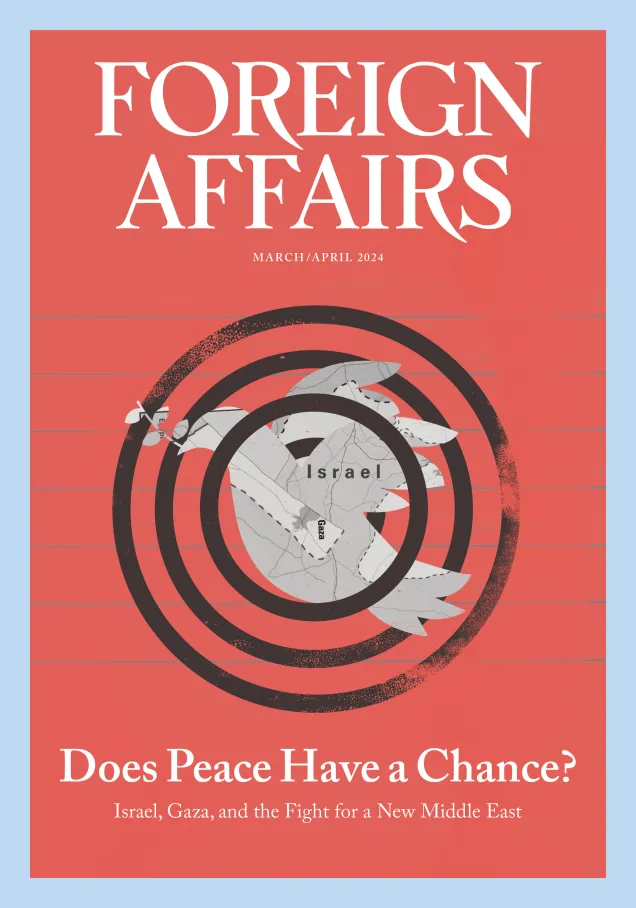
作者/Author(s): Kelly A. Greico and Jennifer Kavanagh
網站來源/Source: Foreign Affairs
日期/Date: 01/06/2024
關鍵字/Keywords: 區域影響力
摘要:
近期幾位美國總統大多選擇增加地區軍事部署,來應對中國在印太地區日益增長的影響力,維持美國領先地位。美國持續設立更多地區軍事基地,並加強與最親密盟友間的軍事合作,來增強其在印太地區的地位。然而,美國目前在印太地區的聯盟無法幫助美國達成此目標。比起想方設法超越中國,美國應把重點放在美中權力平衡,並將部分安全責任轉移給盟國。
- 美國希望通過結盟提高其軍事投射能力,但效果有限。
- 雖然美國在菲律賓和巴布亞紐幾內亞的基地使用權得到了改善,但他們並不允許美國儲存彈藥或開展進攻行動。
- 此外,美國也無法進入東南亞重要國家的基地。
- 各國不願意完全投身於由美國主導的安全架構,他們更希望保持中立。
- 拜登的聯盟計劃缺乏有效協調盟友和夥伴之間行動的制度架構。
- 雖然一些國家同意增加國防開支,但它們的能力不足以進行自衛或分擔美國的嚇阻計畫。
- 鑒於亞洲國家對中國的威脅認知與美國不同,而且也對美國在該地區的安全保障持懷疑態度,美國應重新考慮其維持亞洲軍事首要地位的立場。
- 美國應該專注於如何在印太地區平衡中國的力量,而不是超越中國。
- 美國應該幫助印太地區的盟友擴展自衛能力,減少對中國的經濟依賴,而不是增加美國地區軍事部署。
- 美國應將自己降為輔助角色,讓印太盟國為自身安全承擔更多責任。
- 美國應該阻止盟友採購昂貴武器,鼓勵他們購買大量廉價但靈活的軍事平台。
- 美國應優先部署物資、改善前沿基地防禦和推動後勤基礎設施現代化,以提高其在亞洲的快速部署能力。
- 美國應靈活結盟,融入亞太國家現有的政治、經濟和安全網路。
Recent US presidents opted to overmatch China's capabilities by increasing regional military projection to counter growing Chinese influence in the Indo-Pacific region. The US aims to improve its position by acquiring additional regional military bases and bolstering military cooperation with its closest allies. However, the alliance cannot fully address the US regional primacy goals and is unsustainable. The US should instead focus on balancing, not exceeding, Chinese power and transferring some security burden to its allies.
- The US aims to increase its military projection capabilities through alliances, but its effect is limited.
- Although the US had improved access to bases in the Philippines and Papua New Guinea, they did not allow the US to store ammunition or conduct offensive operations.
- Further, the US could not access bases in critical Southeast Asian countries.
- Countries are reluctant to fully commit to a US-led security architecture as they prefer to stay neutral.
- Biden's alliance project lacks the institutional framework to coordinate actions between its allies and partners effectively.
- Although some countries agreed to increase their defense spending, their capabilities are insufficient for self-defense or sharing the US's deterrence burden.
- The US should reconsider its position in sustaining military primacy in Asia because Asian countries have differing threat perceptions of China than the US and are skeptical of US security guarantees in the region.
- The US should focus on balancing China's power in the region rather than overmatching it.
- Instead of increasing US regional military projection, the US should help Indo-Pacific allies expand self-defense capabilities and lessen economic dependence on China.
- The US should reduce itself to a supporting role and let Indo-Pacific allies take more responsibility for their security.
- The US should discourage allies from procuring expensive prestige weapons and encourage them to get large amounts of cheap and mobile military platforms.
- The US should improve its capacity for rapid deployment into Asia by pre-positioning supplies, improving its forward bases defense, and modernizing its logistics infrastructure.
- The US should be flexible in its alliance and integrate itself into Asia-Pacific countries' existing political, economic, and security networks.
